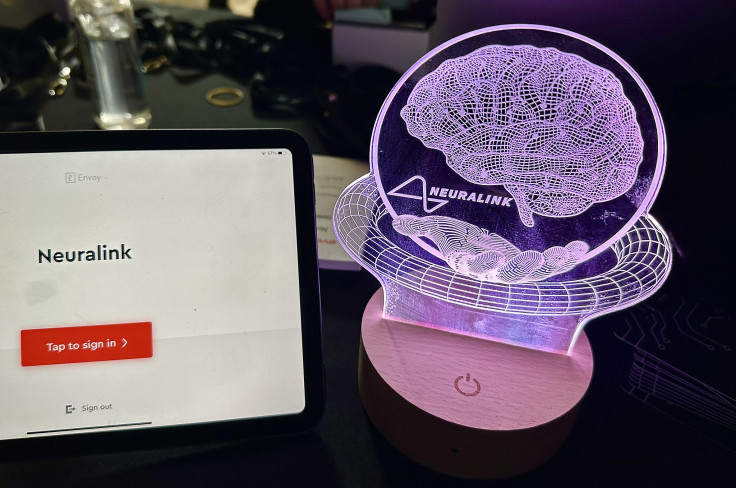Elon Musk's Chip Lets Man Play Chess, Video Games Through Thought
Brain implant by Neuralink lets patient control computer with thoughts

On Wednesday, Elon Musk-led neurotechnology company Neuralink made waves with a livestream showcasing its first brain implant patient, Noland Arbaugh, a 29-year-old quadriplegic man. Arbaugh demonstrated the ability to play video games and online chess using only his thoughts.
Neuralink's implant is designed to allow patients with severe physical limitations, such as those with cervical spinal cord impairment or quadriplegia, to control computers using their thoughts. Musk stated that the company would initially focus on helping such individuals.
Beyond the mouse: Controlling computers with your mind
During Wednesday's live stream, shared on Musk's social media platform, X, Arbaugh showcased his ability to control his computer with his thoughts, playing chess and "Civilization VI," a turn-based strategy video game developed by 2K.
— Neuralink (@neuralink) March 20, 2024
"I had given up on playing that game," Arbaugh said. "It has already changed my life. The surgery was super easy." Arbaugh said that a "freak diving accident" eight years ago left him with a spinal cord injury.
Arbaugh, who was released from the hospital just a day after his January Neuralink procedure, acknowledges there was "still work to be done" to enhance the technology. Despite recent concerns from experts regarding transparency and ethical considerations, Neuralink isn't the only player in the brain-computer interface (BCI) game.
Neuralink's potential applications and future implications
Notably, Neuralink's implant boasts a higher electrode count than competitors, hinting at broader future applications. Moreover, its wireless design provides greater user freedom compared to wired interfaces.
On Wednesday, in an X post, Musk gave his followers a glimpse into the future, suggesting vision restoration as a potential capability of the device. He hinted at this by stating, "Blindsight is the next product after Telepathy," referring to the name of the implant for paralysed patients.
Blindsight is the next @Neuralink product after Telepathy
— Elon Musk (@elonmusk) March 20, 2024
In a recent interview with Tech Today, Neuroscientist Moran Cerf expressed optimism about Neuralink's potential applications beyond motor control, suggesting it could even hold promise in areas like cancer treatment.
"I'm happy for the individual that he's been able to interface with a computer in a way he wasn't able to before the implant," said Kip Allan Ludwig, co-director of the Wisconsin Institute for Translational Neuroengineering. "That's not a breakthrough compared to what others have shown previously, but it's certainly a good starting point."
The Facebook page for Arbaugh, which hasn't been updated since 2017, claims his accident took place at a children's camp in June 2016. In 2017, he bought an accessible custom-built van by raising $10,000 (£ 7,947) via a GoFundMe campaign.
© Copyright IBTimes 2025. All rights reserved.






















